Urban bees - a myth?
Beekeeping like any other business can be considered both a hobby and a very profitable business.
It so happened that this business is attributed mainly to residents of rural areas where supposedly there are more flowering plants which are a food and resource base for bees and beekeeping in general and there, in the village it is safer to do this business since the nature of bees is very peculiar and they can attack uninvited guests and anyone they consider as such.
Usually an apiary is located at a distance of no more than three and a half kilometers from places of mass honey collection meaning places where there are enough flowering honey plants for bees.
But bees can easily overcome a distance of fifteen kilometers and therefore when you buy bee colonies from someone take this into account and the place of the transaction should be further from your apiary than a fifteen-kilometer path otherwise there is a risk that the bees from the buyer will return to the seller.
Seeing bees within the city limits, one can assume that they fly into the city from neighboring settlements which are called satellite cities, or from the outskirts of the city where the private sector is still preserved.
However even in cities stretching for tens of kilometers bees can be seen at any point where do they come from?
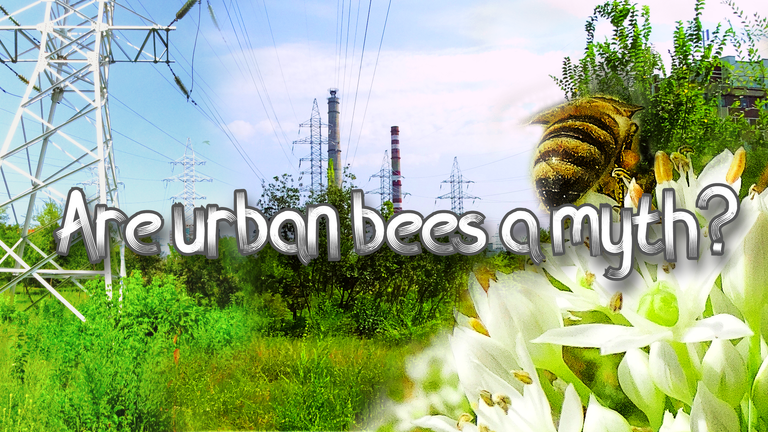
Since the news periodically reports that an apiary has been discovered on the roof of a multi-story building questions on this matter disappear by themselves.
People who know the habits of bees well install hives on flat roofs of houses and even on balconies without much risk.
This is not the norm, but it happens.
What is interesting is that bees on the roof of a house do not pose any risks to neighbors since the direction of their flight does not intersect with the lines of movement of people, and such movement, or intersection of paths, is the greatest threat to people.
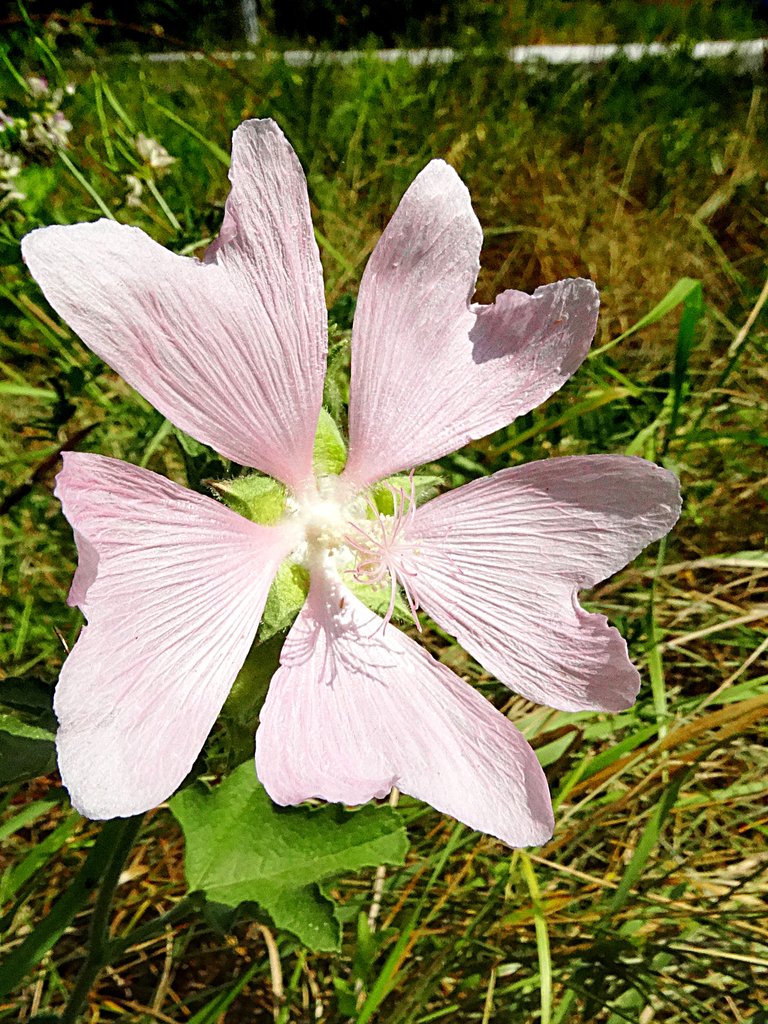
The honey base in cities is quite powerful.
Near the houses there are many fruit trees in bloom many flower beds and many vacant lots where many wild honey plants grow.
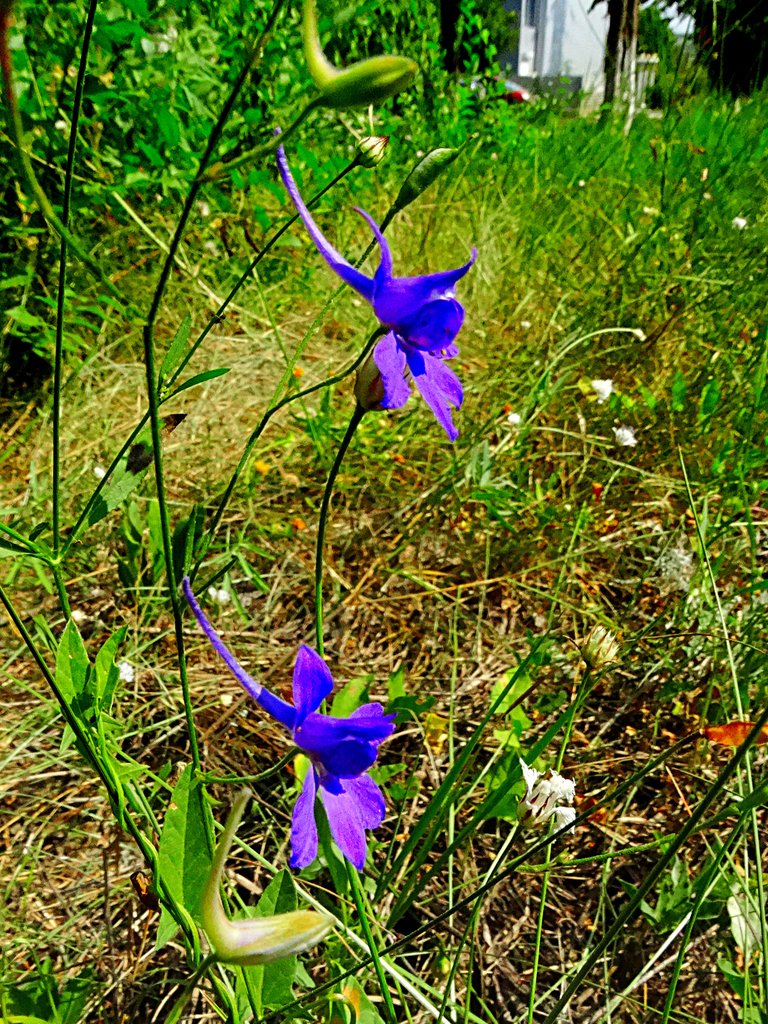
It is interesting that if you decide to buy a jar of chestnut honey, which is one of the most valuable types of honey, then the probability that the chestnut nectar was collected in the city is very high.
After all, it is in cities that, as a rule chestnuts are planted along alleys and sidewalks.
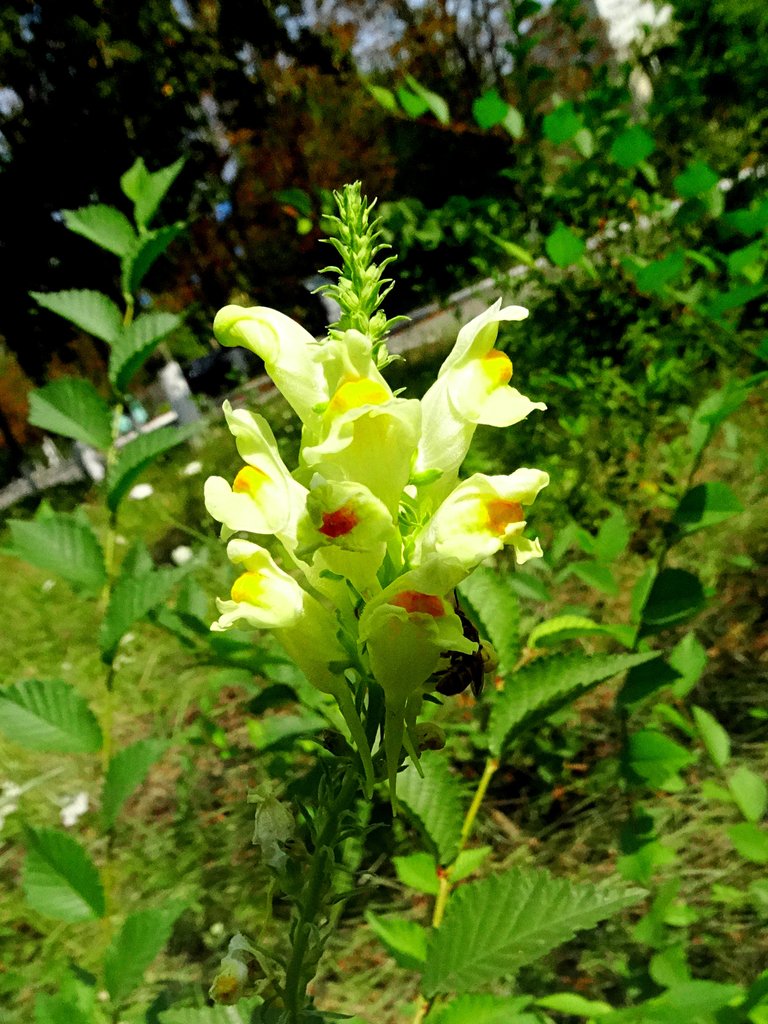
The photographs that you see in this post were taken on one of the many vacant lots of the Moldovan capital, which is located between the residential areas of the city and the beginning of the industrial area.
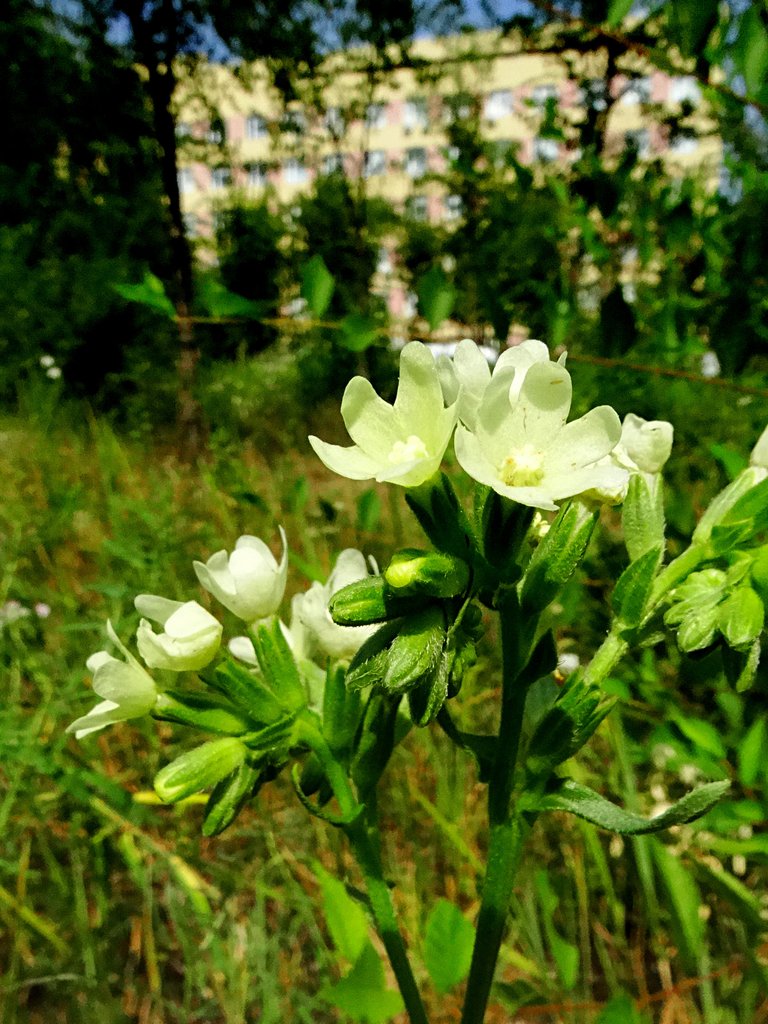
There is an abundance and variety of honey plants here for example one of the best honey plants from the legume family meadow pea.
By the way acacia the honey from which is also very valuable is also a relative of this herbaceous plant and common beans.
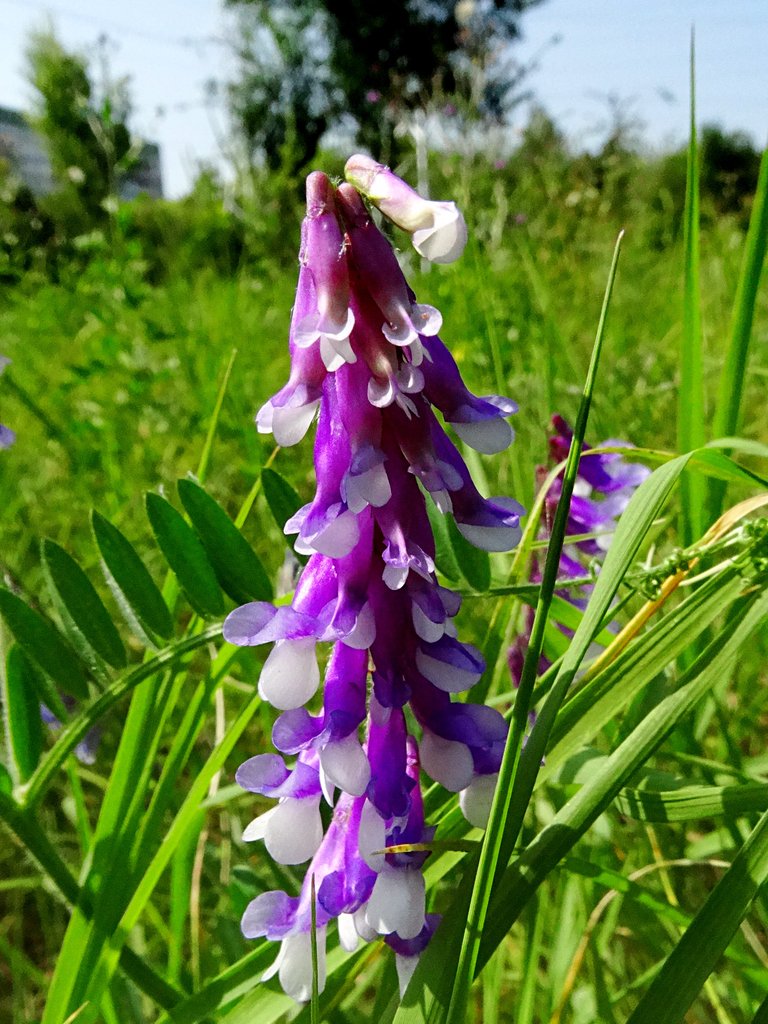
Definitely if I were a city bee I would like it here lol.
That's why keeping bees in the city limits is very justified and is not a myth it is reality.

More to come!
Enjoy viewing the photos and reading the article!
Have a blessed day!
| Location: | Ukraine |
| Author: | Author @barski. In my publications you will see only my author's works. |


barski
https://inleo.io/signup?referral=barski
Posted Using InLeo Alpha

More to come!
Enjoy viewing the photos and reading the article!
Have a blessed day!
| Location: | Ukraine |
| Author: | Author @barski. In my publications you will see only my author's works. |


barski
https://inleo.io/signup?referral=barski
Posted Using InLeo Alpha
 )
)
